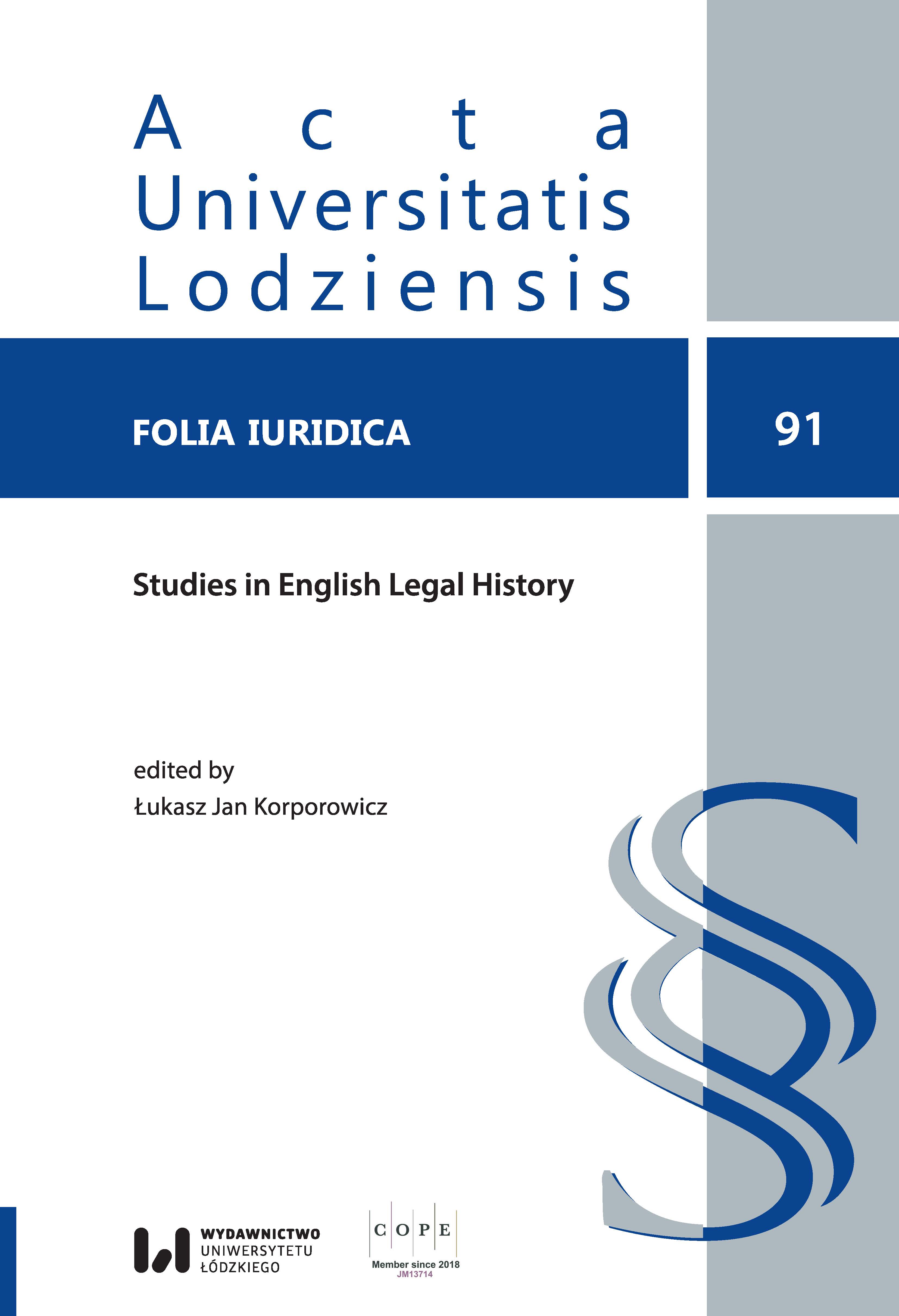Rome and Roman law in English antislavery literature and judicial decisions
Rome and Roman law in English antislavery literature and judicial decisions
Author(s): Łukasz Jan KorporowiczSubject(s): History of Law
Published by: Wydawnictwo Uniwersytetu Łódzkiego
Keywords: English law; Roman law; Slavery; Abolition
Summary/Abstract: The abolition of slavery by modern states was an important step towards the recognition of what is now known as human rights. The British Empire and its cradle, England, were the leading entities responsible for the support of the international trade slave. For this reason, its antislavery movement is one which deserves particular attention. The argumentation used by the abolitionists has been a subject of many studies. Philosophical, theological or commercial arguments against slavery are well researched. It needs to be emphasised, however, that abolition was a legal step. In this context, it is interesting to seek legal argumentation against the enslavement of people. It is obvious that an appropriate reasoning would be difficult to find. Slavery has been a common social institution since ancient times. The universal principles of Roman law, as well as the significance of Roman civilisation for the development of the Western culture, made it one obvious field of research. The main aim of this article is to check if reference to Roman antiquity has been one of the crucial arguments in the antislavery struggle in Britain.
Journal: Acta Universitatis Lodziensis. Folia Iuridica
- Issue Year: 2020
- Issue No: 91
- Page Range: 37-49
- Page Count: 13
- Language: English

